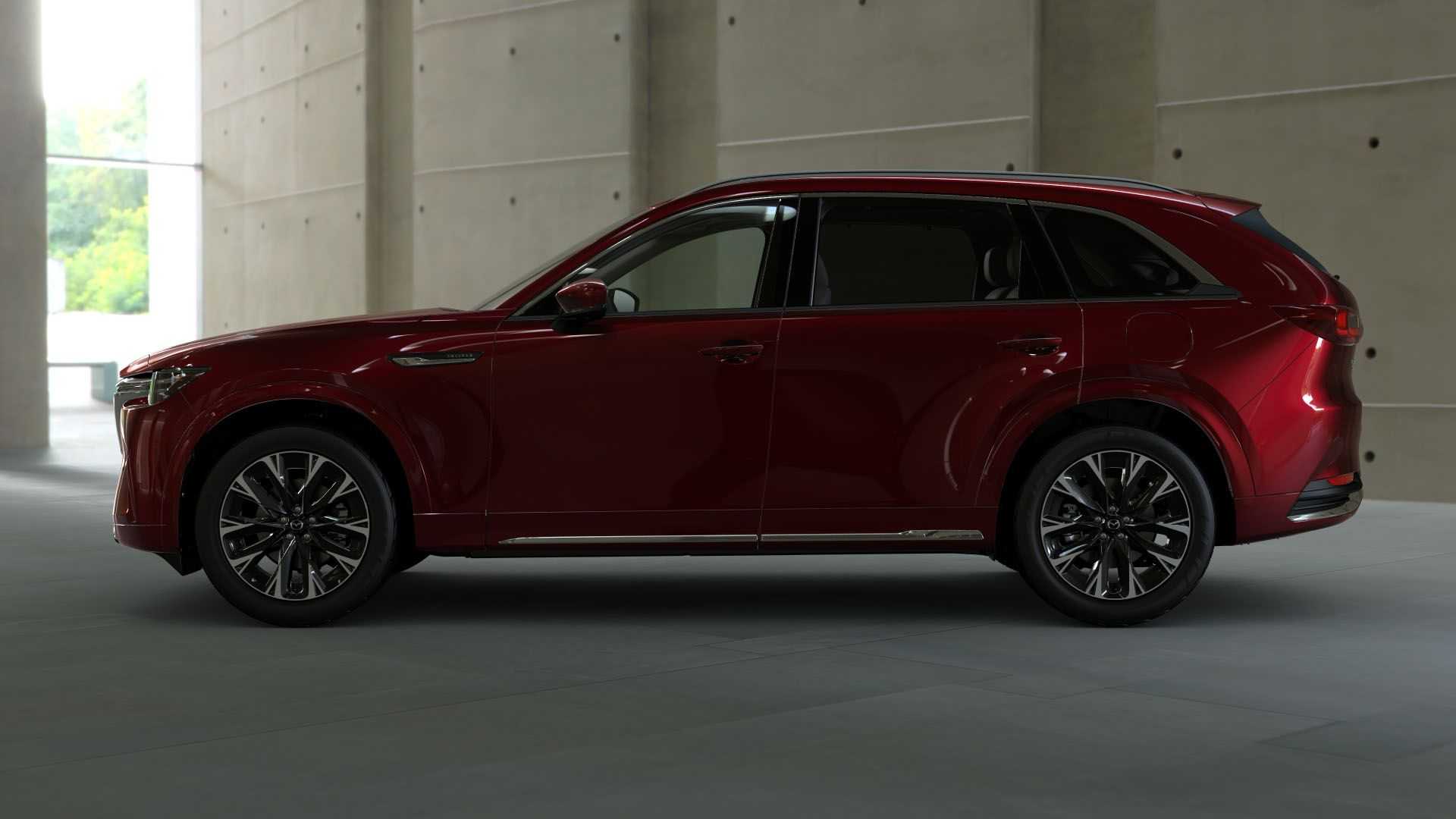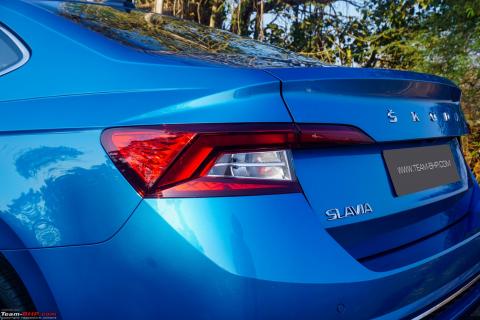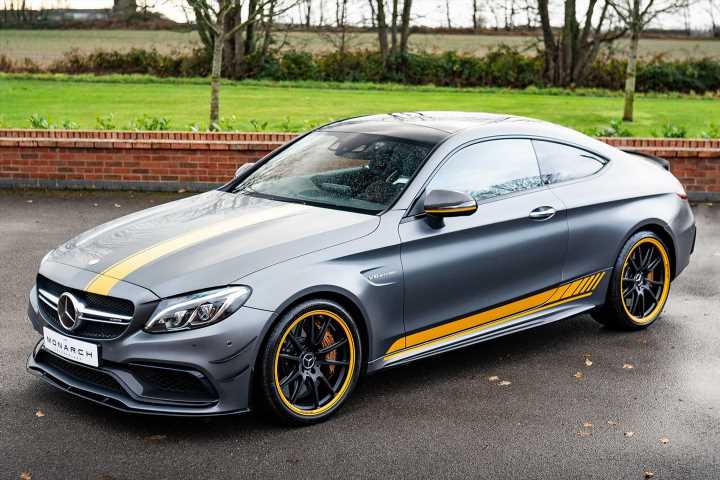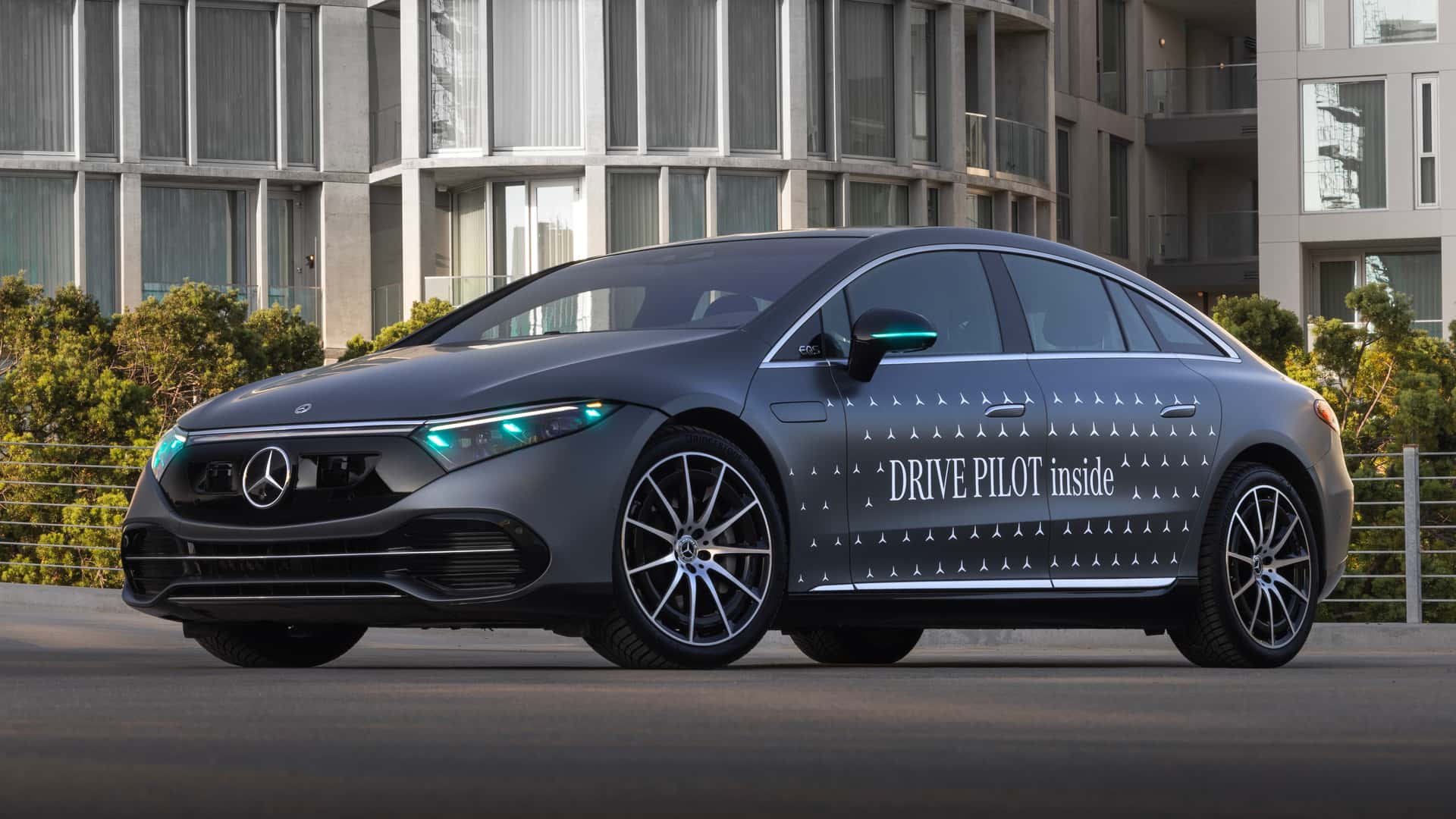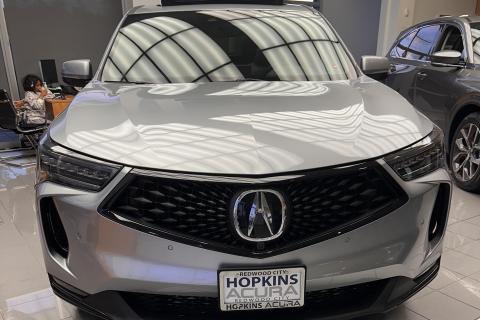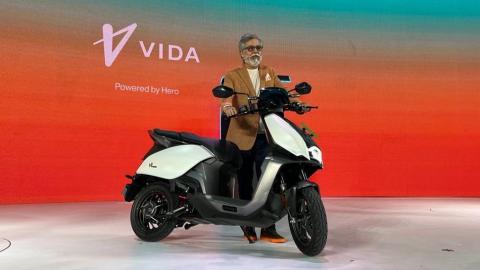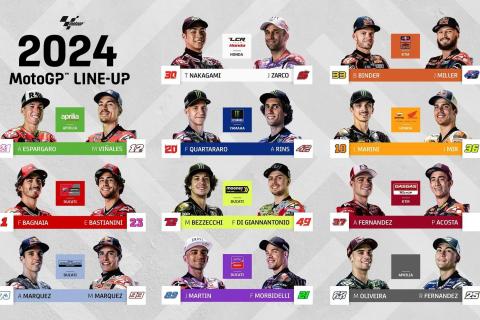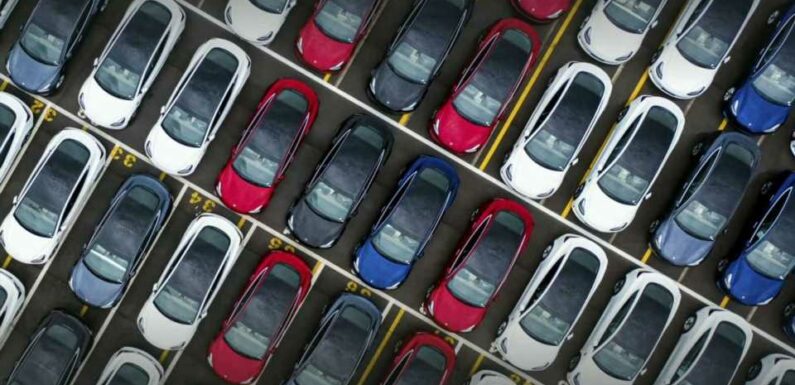
The high purchase price of an electric vehicle is the biggest barrier for potential buyers on a global scale, a recent study from S&P Global Mobility shows. Almost half of all respondents to the survey listed affordability as the main concern when considering a new EV, followed by worries about charging and range anxiety.
Although the average price of new EVs has gone down dramatically in the last year, out of the almost 7,500 people surveyed, 48 percent said EV prices are too high, even though they understand that most EVs inherently carry a price premium. The study’s authors say that one of the reasons for this result is that price fatigue has set in, driven by rising interest rates and inventory shortages that have only recently seen relief.
Changes in the federal tax credit program in the United States now force customers to lease instead of purchase many models, which more money needs to be spent out of pocket.
Furthermore, even though range anxiety and charging concerns have been relegated to the bottom end of the podium when it comes to EV adoption worries, the openness to purchasing an electric vehicle has gone down in recent years.
This year, S&P Global Mobility’s survey revealed that 67 percent of respondents were open to the idea of getting an EV. In 2022, the percentage was at 71 percent, and in 2021 it was at 86 percent.
On the charging front, about 46 percent of respondents were concerned about the time it takes to charge an EV, while 44 percent were concerned about the availability of charging stations. According to the study’s results, most of the respondents said they were willing to wait between 30 minutes and an hour to recharge.
Genesis GV60 at a Tesla Supercharging station
“Consumers know (charging) will not be the standard gas station in-and-out experience,” said Yanina Mills, senior technical research analyst at S&P Global Mobility. “But they don’t want to delay for much more time than what would be a lunch break.”
When it comes to home charging, there’s a slight disconnect between the number of people who think this is the best and most common way to recharge an EV and the number of people who actually charge at home.
Respondents confirmed that home charging at night is considered best practice, but only 51 percent of current and repeat EV owners have a charger installed at home, while 42 percent of owners typically charge their cars this way.
Lucid Air charging at home charger
So, where do people charge their EVs if not at home? The survey revealed that a variety of places are frequented by owners, including streets, highways, and during work. As for those who do charge at home, they aren’t in a hurry, with 31 percent of responders not willing to pay extra to upgrade to a faster Level 2 charger from the included Level 1 charger that comes with the car.
When it comes to range anxiety, most respondents said they would accept a minimum EV range below 300 miles, while only 29 percent would prefer a minimum range above 300 miles.
Almost every new EV on sale today meets these requirements, so, logically, range anxiety is no longer the biggest issue for prospective buyers.
S&P Global Mobility surveyed 7,449 respondents from the United States, United Kingdom, Germany, Brazil, India, Thailand, Japan, and mainland China on May 23.
Source: Read Full Article
